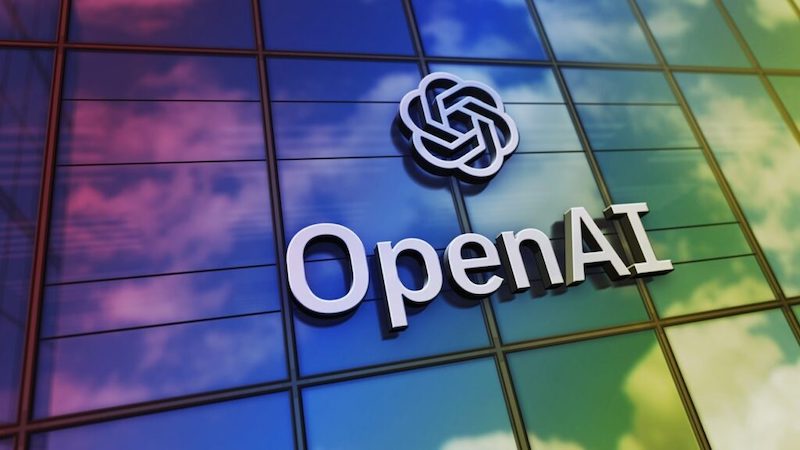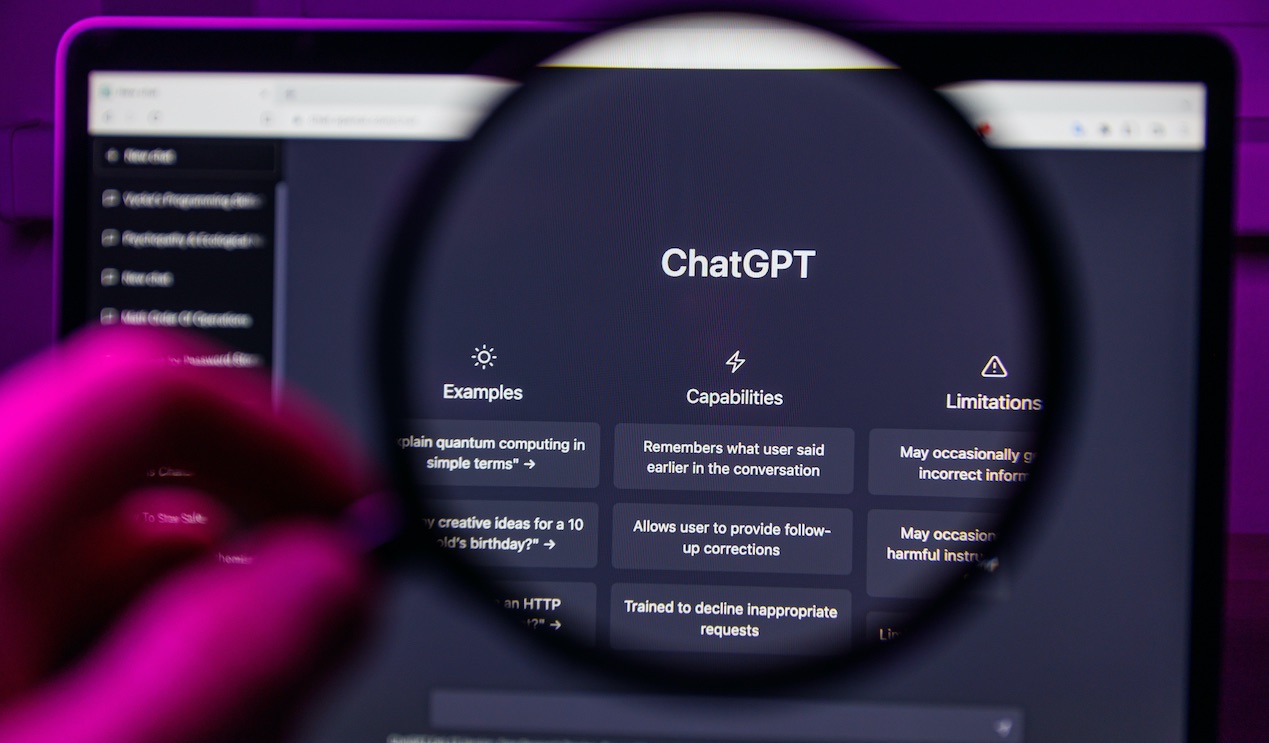How naive we were. No, not in the 1950s, but less than a year ago. When the writer of these lines wrote an article, published in Tech Princess on December 7, 2022, whose title was: “Here is ChatGPT, the conversational chatbot of the future”.
The software, which was not yet available in Italy, was described somewhat roughly. But we had already grasped a central point of the question. We said: “If this is the level of precision of ChatGPT, then all intellectual and creative professions are truly under threat. Or, less catastrophically, they could be areas where artificial intelligences will provide support.”
And today (just today, because the software was launched on the market on November 30, 2022) that ChatGPT turns one, where are we at?
How is generative artificial intelligence impacting, and will impact, our lives?

One year of ChatGPT
And so, ChatGPT turns one. In the meantime, let’s reveal the acronym, which perhaps few people know: GPT stands for Generative Pre-trained Transformer.
While we bet that all our readers now know what we are talking about: it is an AI chatbot developed by OpenAI with machine learning techniques, specialized in dialogue with human interlocutors.
One year after the launch of ChatGPT, this software can be taken as an emblem of generative artificial intelligence. That is, the one capable of generating new contents, whether textual (ChatGPT, in fact) or visual starting from a text (Midjourney, for example).
Well, are these tools already revolutionizing our lives? Or will they do so in the future? What initial assessment can we draw, one year after this astonishing new arrival in technology?
Apocalyptic and integrated
Decades later, the title of a famous collection of sociology essays by Umberto Eco still works wonderfully.
Why, faced with the entry of generative AI into our daily lives, most of us had one of the two opposite reactions that we always have when faced with epochal innovations, especially in the technological field. There are those who have stigmatized it as the viaticum of our perdition, and those who have hailed it as the bearer of eternal salvation. Showing, no more and no less, the same instinctive and naive attitude that you have when faced with fake news: instead of taking a deep breath and thinking about it, you react like a fan.
While it is quite clear that such complex innovations must first be thoroughly understood, their potential and risks must be understood, after which the immortal rule must apply according to which the use made of a given thing is good or bad, and not the thing itself.
The democratization of AI
As was largely expected, today as we celebrate one year of ChatGPT, many experts are offering their point of view on the topic.
The four-voice discussion hosted by Avvenire was very interesting. Derrick de Kerckhove, Vincenzo Ambriola, Emanuela Girardi and Alberto Puliafito (whose book In the beginning was ChatGPT, written with Mafe de Baggis) take part in the dialogue.
Well: the four agree in saying that the entry of ChatGPT has made generative artificial intelligence democratic and popopening up to anyone the possibility of enjoying something pre-existing, but until last year mostly suffered passively.
However, it seems that at least for now the libertarian push that, for example, was felt at the dawn of the Internet is missing. And a few tech giants decide on the fate of artificial intelligence.
Learn about artificial intelligence
Certainly, one year after the introduction of ChatGPT there remain two major issues to be resolved regarding generative artificial intelligence. Which, it is now undeniable, will increasingly be part of our lives.
For this reason, First of all, you need to know the topic. Companies and institutions must know how to handle it, of course, but also citizens of all ages and technological literacy. Let’s think, to take just one example, of the quantity of fake news (increasingly conveyed by images) born from the last two conflicts, that between Russia and Ukraine and that between Israel and Hamas. And how greater awareness would protect us from this hypertrophic production of hoaxes.
Normalization of artificial intelligence
The second unavoidable challenge for the near future of generative AI is that of providing certain, sensible and unambiguous rules.
Certain, because a few weeks ago we wrote an article on the fact that images produced by AI were excluded from the prestigious World Press Photo Contest, but with reasons too dependent on subjective judgments.
Sensible, because a good set of rules on artificial intelligence must be able to maintain the difficult balance between mitigating the risks (which exist, and are serious) and allowing AI to unfold all its potential.
Finally unambiguous, because generative artificial intelligence is and will be (or in any case must be) everyone’s heritage. But it will not be easy to make a single set of rules and prohibitions acceptable at all latitudes. Just think, in the field of data protection, of the profound differences between the stringent European legislation, with the GDPR, and the US one.















Leave a Reply
View Comments